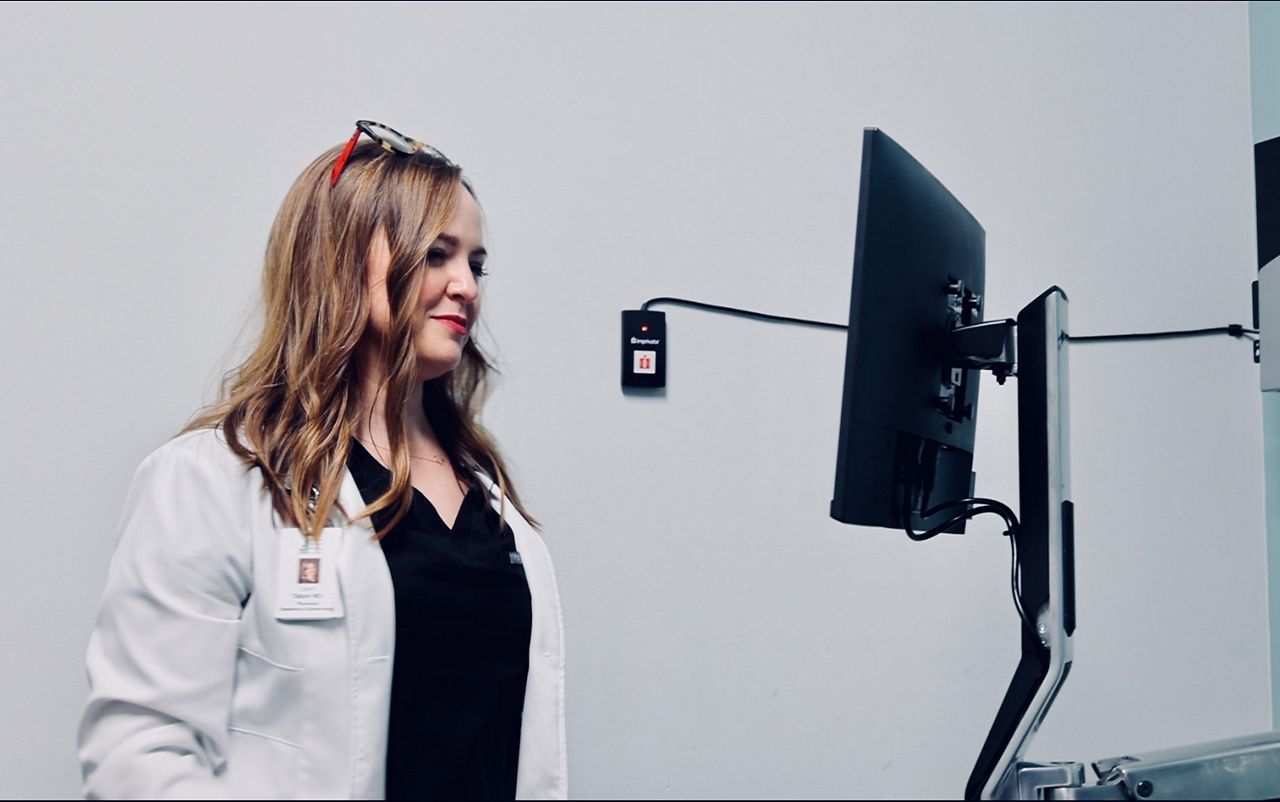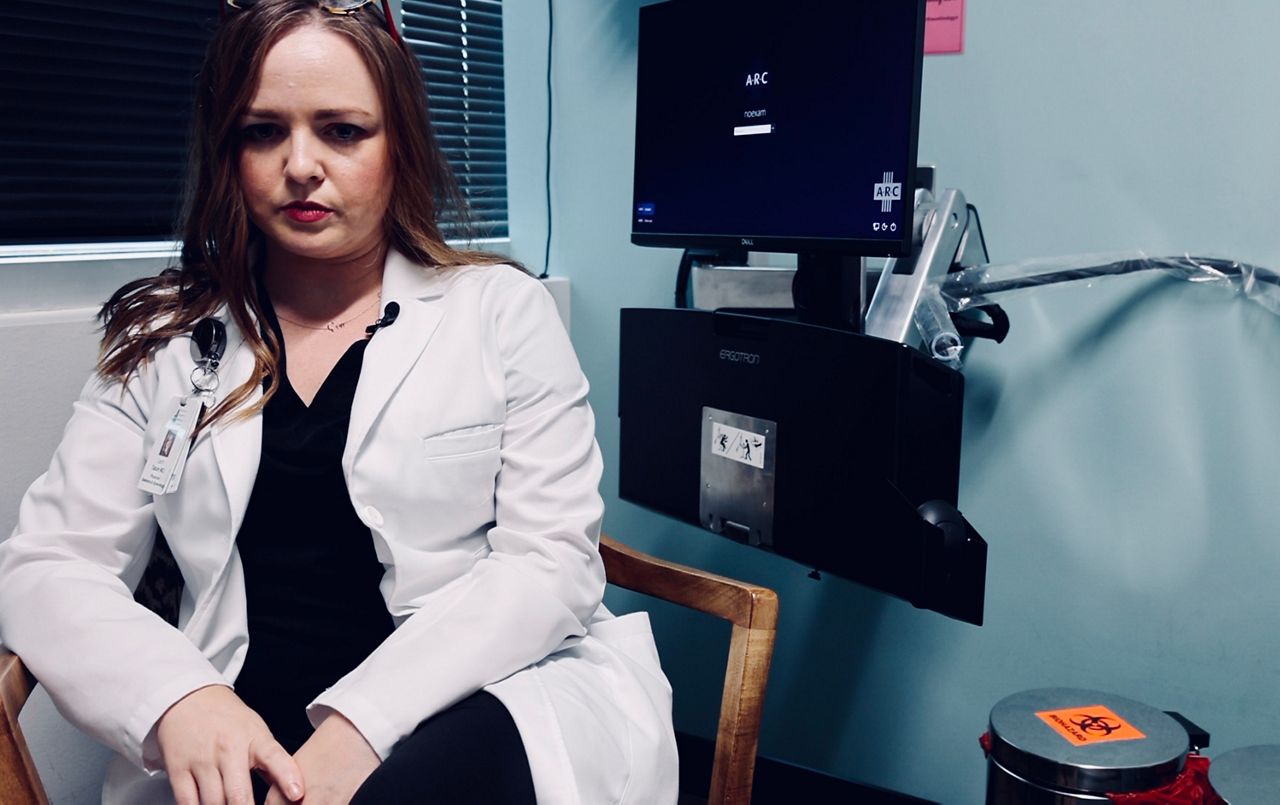AUSTIN, Texas — Dr. Leah Tatum is an OB/GYN with Austin Regional Clinic in Central Texas. Dr. Tatum sat down with Spectrum News to discuss the new reality physicians are facing as Texas trigger laws go into effect following the Supreme Court decision to overturn Roe earlier this year.
The Texas trigger law raises the penalty for performing abortions in state, criminalizing any attempt by a medical professional to perform, induce or attempt an abortion, making it a second-degree felony. If the pregnancy is successfully aborted, the offense becomes a first-degree felony, according to state law.
“Providers are human and facing the possibility of being a felon as this law takes effect is going to cause anybody who’s human pause when you may know what you need to do from a medical standpoint,” said Dr. Tatum.

The law has a few exceptions, including situations of life and death. Circumstances that are not clearly defined in the law's language that leaves many medical professionals uncertain of when they can intervene.
“Making broad laws about access to this part of health care is dangerous and I wish people could see what it’s like to be an obstetrician and take care of patients in these situations,” said Dr. Tatum. “Where does the line of what is a medically necessary abortion stop and where does an elective abortion begin?"
Dr. Tatum says many physicians are being put into positions where they are feeling more pressure to keep someone pregnant.
“Someone may be bleeding or ruptured and to deliver a fetus at that stage won’t survive, people are being put into positions where they are feeling more pressure to keep someone pregnant for fear of what they may do if they try to help this patient deliver, which could be misconstrued as an abortion and you could face charges for that,” explained Dr. Tatum

Professor Elizabeth Sepper with the University of Texas at Austin says the trigger law doesn’t clearly state what is considered an emergency situation.
“The law is quite vague if someone risks 50% death unless they have an abortion. It’s not clear if the physician should wait until the risk is even higher — maybe that’s enough, or maybe not — and what they are risking of course is criminal charges,” said Sepper.
“I think the person that understands the nuances of a particular patient’s care and how the medical decision making affects them is the provider sitting in the room with them and the patient,” said Dr. Tatum.



